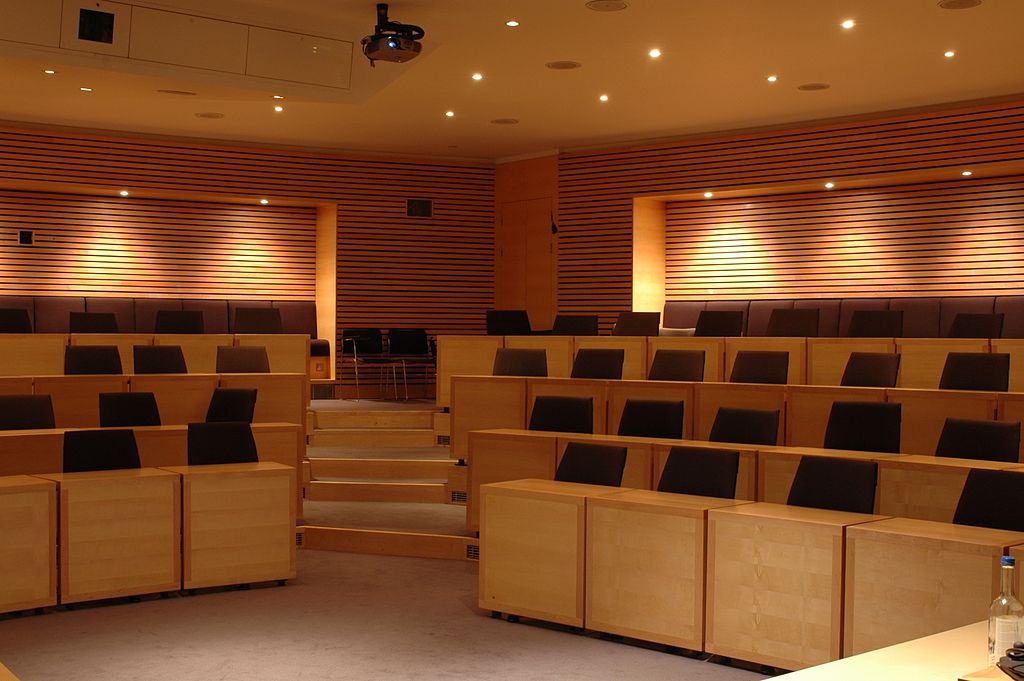You find yourself nestled in one of the cosier armchairs of your tutor’s office on a bright afternoon, your gaze momentarily drawn to the familiar wall of books opposite. Just as you manage to refocus, you are prompted to respond to a question – an intellectual challenge you are more than capable of meeting. In fact, you have a brilliant idea, one that is coherent, creative, and even exciting to articulate. Yet, as you open your mouth, an incoherent jumble of half-formed sentences and stammered repetitions emerges, a shadow of the argument you had so confidently formulated in your mind.
This struggle is not uncommon in an era where much of our most important communication takes place in writing – whether through emails, essays, or carefully crafted messages. For many, proper comprehension of an issue only emerges as we speak or write about it. What begins in your mind as a vague idea of belief can become refined or even changed once articulated into words. However, the written word offers the luxury of time: the ability to meticulously select words, refine phrasing, and anticipate responses. While writing remains a crucial skill, it represents only one side of the coin; the art of effective spoken communication has been relegated to the background.
In contrast, spoken communication demands immediate articulation, often under pressure. It is not uncommon to begin articulating a point, only to realise, mid-sentence, that your argument is nonsensical. This process – of thinking aloud, refining opinions, and learning through dialogue – is fundamental to intellectual growth. Constantly rephrasing arguments, taking a half-formed thought and articulating it to a full one as it moves from idea to speech, is a skill that requires practice and fine-tuning.
When considering public speaking at Oxford, one’s thoughts will likely stroll down St Michael’s Street to the debating epicentre of the city: the Oxford Union. The Union has long been a breeding ground for passionate speakers, boasting a formidable list of alumni who have gone on to hold significant positions in politics and beyond. Admittedly, speaking in the chamber is not without its challenges: instances of speakers talking over one another and bringing forward rash claims culminated in a particularly eventful Michaelmas this year. Yet, setting politics aside, the Union provides a valuable space where students can hone their public speaking skills in a structured environment – whether they choose to participate or simply observe from the chamber benches. Unlike aspiring politicians emerging from a day of PPE lectures, I find equal value in listening to my peers’ perspectives and analysing seasoned speakers’ techniques.
Not all Oxonian public speaking occurs within the context of the Union, however. There is a vast difference between delivering a speech to a chamber and presenting an argument in a tutorial or JCR meeting. Context is crucial: human nature dictates that we assess the stakes of our actions, and public speaking is no exception. The fear of judgment, the unpredictability of live discussion, and the absence of a backspace key all contribute to the apprehension and ‘word-vomit’ many experience when asked to speak in front of others.
However, attributing the decline of public speaking to the pandemic would be an oversimplification. Like the wider world, university life has been undergoing a slow but steady digitisation process for decades. Every generation of students has lived through its own version of the most technologically advanced society to date. I have no doubt that the students of our children and grandchildren’s era will have a whole host of technologies available to them that we couldn’t even dream of.
Yet, despite the shift towards digital communication, our tutorial system ensures that spoken discourse remains an integral part of academic life. While one can research, write, and submit an essay without uttering a single word on the subject, the following day’s tutorial offers no such refuge. The tutorial system is an intimate form of public speaking that cannot be opted into or out of here at Oxford. Unlike the Union, participation is not voluntary; you must be prepared to articulate and defend your ideas in real-time discussion.
So, while the Union-esque rhetoric of practised debaters may remain the domain of a select few, communicating with clarity and confidence is a skill that Oxford’s academic framework ensures no student can avoid.
Have an opinion on the points raised in this article? Send us a 150-word letter at [email protected] and see your response in our next print or online.


